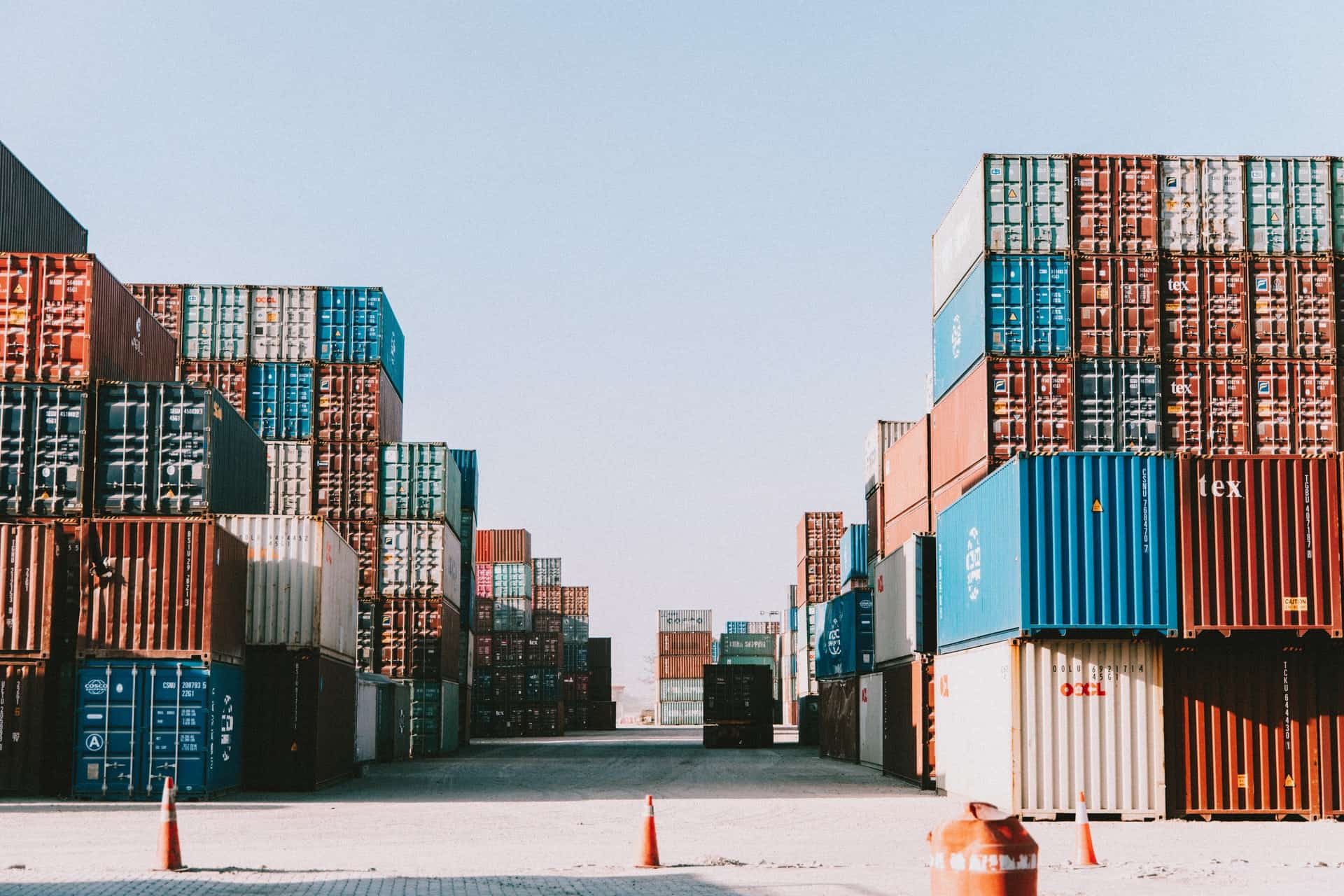Cargo Insurance Cost Breakdown
Cargo insurance is essential for any business that makes cargo shipments, whether regularly or once in a blue moon. But how much can you expect to pay for this coverage? Let’s breakdown the costs of cargo insurance.
Do You Need Cargo Insurance?
If your business ships cargo, then you need cargo insurance. For infrequent shipments, businesses can purchase coverage for a single shipment to protect against financial loss.
Get Your Free Insurance Quote
The right cargo insurance policy will cover the value of your shipments (up to the policy’s limit) if cargo is damaged or lost during transit.
Types of Cargo and Freight Insurance Coverage
While there are many ways to move cargo, we’re going to cover land-based cargo insurance options. Land shipments are typically made via trucks and vans.
There are a few coverage options here:
- Land Cargo: Covers cargo that is damaged or lost in an accident. Some policies may also include coverage for theft. If cargo is being hauled across country borders, additional coverage may be required.
- Open Coverage: Ideal for businesses that regularly ship goods. Open coverage insurance will cover multiple shipments. These shipments must be reported to the insurance company, and details will need to be provided, including the types of goods being hauled and their destination.
- All-Risk: Offers broad coverage for cargo.
- Single Coverage: Designed for businesses that ship infrequently.
A standard cargo insurance policy may include:
- Debris removal: Covers the cost of removing any cargo dropped into waterways or on roadways
- Pollution liability: Covers the cost of cleaning up pollution caused by an accident, such as a gasoline spill
- Water damage: Covers losses caused by leaks or flooding in the trailer
- Theft: Covers losses or damage from theft
- Sue and labor: Covers additional loss to the cargo after a covered incident
- Hijackings: Covers losses caused by hijackings
- Reefer breakdown: Covers losses caused by a refrigeration equipment malfunction
- Loading and unloading: Covers losses that occur during the loading or unloading stage
- Infidelity: Covers losses caused by driver theft
- Earned freight: Covers income lost when damaged cargo can’t be delivered
Other types of coverage may be available, and insurers may have additional policies you can add to minimize risk. The types of coverage you choose and other factors will directly affect the cost of your cargo insurance.
How Much Is Cargo Insurance?
You know you need cargo insurance, but how much is it going to cost you? The answer will depend on many factors.
Average Cargo Insurance Rates
Annually, cargo insurance costs anywhere from $400 – $1,800+ per year.
Standalone policies may cost about $100 per month. Costs can vary greatly from one insurer to the next, and policy limits will be a major factor in the cost of your premium.
For example:
- A policy with a $250,000 limit may cost as much as $1,800 per year
- A policy with a $50,000 limit may only cost $700 per year or less
Coverage for single shipments will vary greatly. Generally, cargo being hauled via land-based transportation will cost around $125+.
Calculating Premium Costs
The cost of cargo insurance is typically calculated as a percentage of the value of the cargo.
Let’s say that the value of the cargo is $8,000, the insurance rate is 0.6% and the freight is $1,500.
The insured value would be: the value of the cargo + (the value of the cargo * the insurance rate) + the freight value = your insured value. In the above example, the calculation would look like this:
- 8,000 + (8,000 * 0.6%) + 1,500 = $9,548
The total insured value will be multiplied by 110% (the additional 10% for unexpected costs) and then multiplied by 0.06 to give you the premium cost. In this case, the cost would be $63.
Factors That Affect the Cost of Cargo Insurance
When it comes to cargo insurance, the types of goods that you’re hauling will likely have the biggest impact on your insurance costs. But there are some other factors that will also come into play when calculating your premium costs.
Level of Risk
Some items are riskier than others to ship and insuring these shipments will come at a higher cost. High-risk items may include:
- Items that are flammable, explosive or corrosive
- Food and pharmaceuticals that are perishable
- Valuable items, such as heavy machinery and electronics
- Luxury items, smartphones and other small items that can easily be stolen
Route
Insurance companies may consider some routes to be more dangerous or riskier than others. For example, accidents may be more likely on routes through treacherous mountains or remote locations. Premiums may also be higher if the cargo is being moved through a city or region with high rates of theft or piracy.
Loss History
Businesses that have a history of losses may be deemed higher risk. This is because the insurance company may compare your losses to other similar businesses. If your losses are above average, your premiums may be higher as a result.
Policy Limits
We touched on this briefly before, but your policy’s limits will also have a big impact on the cost of your premiums. The higher the policy limit, the higher the cost.
It’s important to note that you may be required to have a certain policy limit or a certain amount of coverage in order to work with a shipper or broker. For example, some parties require $1 million in cargo insurance coverage.
The cost of cargo insurance depends on a variety of factors, including the insurance company, the value of the cargo, the route and your loss history. If you’re in the business of shipping cargo, even infrequently, it’s important to have this coverage. It’s affordable and will provide peace of mind that your shipment is covered.


